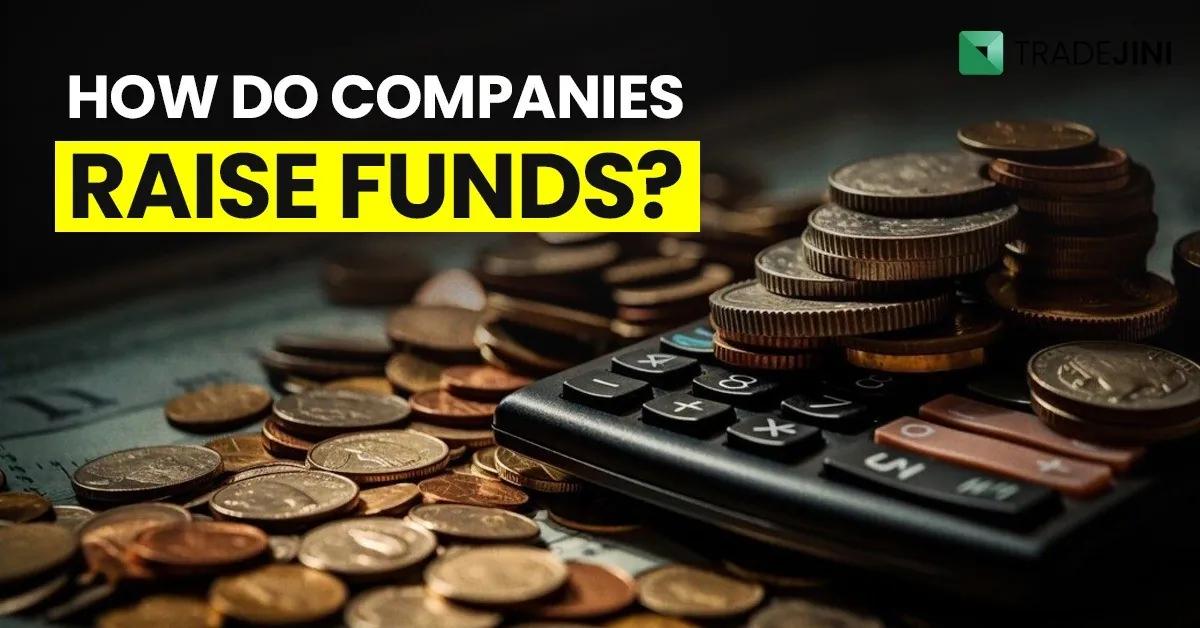Hawala is an ancient money transfer system that shifts money from one geographical location to another. The sender does not facilitate any actual movement of money, which is why it’s called a money transfer without money movement. It is transferred through a series of steps and the use of middlemen known as hawaladars. This process of transferring money does not have any official paperwork, accountability, or documentation, and thus, relies on word of mouth. This system of moving money around is deemed illegal in India and several other countries as well due to it being highly unregulated and more often than not used for illicit activities such as money laundering, tax evasion, and terror funding, among other things.
Execution of a Hawala Transaction
In a Hawala transaction, the process begins when a sender approaches a Hawaladar to request the transfer of money to a recipient located elsewhere. The sender and the Hawaladar agree on a password or code to identify the transaction. The sender then gives the amount to be transferred along with a service fee, which is a percentage of the transfer amount, to the Hawaladar. The Hawaladar contacts his counterpart at the recipient’s location, providing the transaction details and the agreed-upon code. The counterpart, upon receiving the code, disburses the specified amount to the recipient. The final step involves the Hawaladars settling their accounts at a later date, which can be done either through direct fund transfers or by balancing their accounts with other transactions.
History of hawala practice
Hawala is an archaic form of ‘banking’ that originated in Southern Asia around the 8th century. This form of trading found its roots mainly in the Indian subcontinent among traders who used it as a primary source of banking and, more often than not, a form of insurance against theft. This was a convenient way to transfer money overseas or over long distances. The hawala system of money transfer became ingrained in financial history and culture, especially in Southern Asia.
Is hawala banned in India?
Yes, Hawala transactions are illegal and are a criminal offence in India.
Shadowy Side in India
Hawala, the traditional money transfer system, presents a challenging issue for India. While it offers a convenient option for those without access to formal banking, its unregulated nature allows for illegal activities to flourish. Hawala’s lack of oversight facilitates the circulation of black money earned in India. Criminals can route these funds offshore, hiding them from authorities. Furthermore, the secrecy inherent in hawala transactions becomes a breeding ground for corruption. Bribes can be paid and black money can be moved within the country, escaping the minimal risk of detection.
Government’s efforts to counter it
The hawala system in India, similar to most countries, has deemed this form of transaction as highly illegal due to the nature of the transaction and the various illicit usages of it such as tax evasion, money laundering, funding of illegal activities, and countless other things. Considering the adverse security implications, the Indian government has implemented various rules to combat the system:
- The Foreign Exchange Management Act (1999) treats hawala transactions as illegal. Though FEMA doesn’t call out hawala by name, it effectively makes such underground transactions illegal by requiring all foreign exchange activities to go through approved channels and imposing hefty penalties for breaking these rules. Under FEMA, if you are caught in an unauthorized foreign exchange transaction, you could be fined up to three times the amount involved. If the amount can’t be determined, the fine can be up to ₹2,00,000. If the penalty isn’t paid on time, additional fines may be added.
- Under the Prevention of Money Laundering Act (2002), hawala is illegal if the proceeds from such transactions are used for money laundering. Even though there isn’t a specific punishment for it under PLMA, anyone caught using hawala for money laundering can be sentenced to 3 to 7 years in prison and may also have to pay a fine of up to ₹5,00,000.
- India is also a member of the Asia/Pacific Group on Money Laundering and the Eurasian Group on Combating Money Laundering, among other international initiatives.
- India established the Financial Intelligence Unit (FIU) in November 2004 and joined the Egmont Group, an unofficial network of national FIUs, as a participant in the 37-member Financial Action Task Force, an intergovernmental body that fights money laundering.
A Convenient Evil
This system can be easily exploited for criminal activities like money laundering, tax evasion, and terrorism funding. Due to these risks, hawala is illegal in India and many other countries. There are safer and legal alternatives available for transferring money, so it’s best to avoid Hawala altogether.



